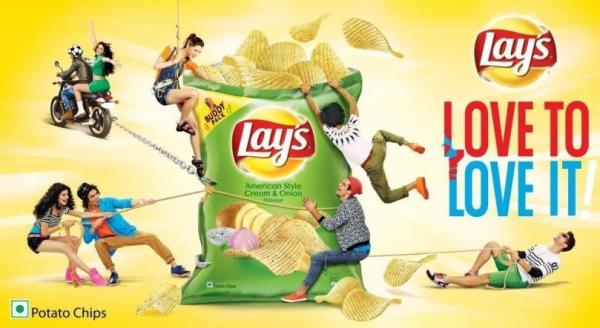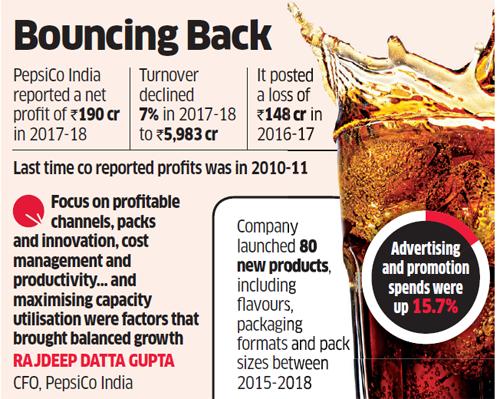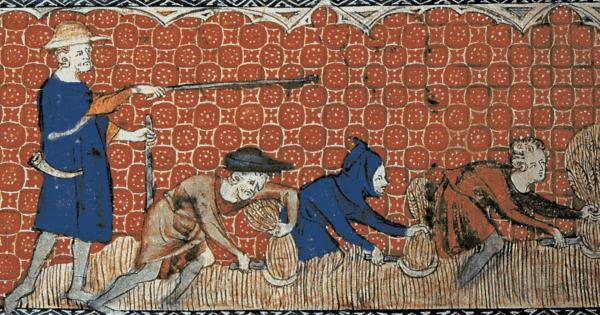Pepsi potatoes: a preview of IP-based serfdom
“Intellectual Property” does have some sort of place and role to play in a modern society. Hopefully not THIS one.
(see update at the bottom)
Earlier this week, I discovered through Times of India and Hindu BusinessLine a heinous crime allegedly going on in Gujarat, India: farmers growing potatoes on their own land.
Not your ordinary potatoes
Normal potatoes, these are not. These are the potatoes that become “Lay’s chips” which, judging from banners like these are about modern, freedom-loving lifestyles:

These potatoes, that is, were trademarked in 2009 by PepsiCo, on the grounds that it has the exclusive rights to grow them, and do it for ONE specific purpose: manufacture chips of its “Lay’s” brand.
Now, PepsiCo India has sued four small farmers in Gujarat for about 125K Euros each, because they allegedly infringed PepsiCo' intellectual property rights by “illegally growing and selling a variety of potato exclusively registered by the company.
PepsiCo’s lawyers said that if the farmers were not temporarily stayed from growing and selling potatoes, PepsiCo would suffer irreparable loss (this is the company who “said it exited the fourth quarter of 2017-18 with double-digit growth momentum”):

The court told the farmers to do so until the next hearing, on April 26th, 2019.
On April 26th..
On that hearing, struck by magnanimity, PepsiCo made an offer the farmers should not refuse: grow other potatoes, or “join our program and we will provide seeds”. PepsiCo made that offer, they say, “as a last resort to safeguard the larger interest of thousands of farmers that are engaged with its [authorized] collaborative potato farming program”. Yes, collaborative. Next hearing is due June 12th, 2019.
Single-purpose potatoes and Serfdom 2.0
Intellectual or not, property of seeds and plants is not a new issue. And these days, the biggest menaces for small independent farmers may be more glamorous, digitally-enabled bandwagons like blockchain. This PepsiCo story, however, is not about generically growing potatoes to sell them.

PepsiCo does not just want to be the only shop that sells a specific kind of potatoes to whoever wants to buy it for whatever use. If those articles are correct, Pepsi has sued small farmers specifically to make sure those potatoes are never used for anything else than making one specific kind of junk food. Those potatoes must NOT become Dum Aloo, Bratkartoffeln or anything else they may be good for (including saving people from starving). To me, this is the real scandal. When what declares certain uses of food as illegal is not, say, safety, but “intellectual property”, then that concept of property has gone a bit too far for me.
The settlement proposal is even more worrying, in the long run. Authorized “collaborative” farming programs? I do not know the history of India enough, but I do know that throughout most of Medieval Europe, agriculture was organized around “the Manor of the Lord who both owned all the land and RULED OVER ITS USE”. Serfs who occupied plots of that land were “required to work for the lord of the manor [in exchange for] protection, justice, and the right to cultivate certain fields within the manor.” PepsiCo’s program looks longing a bit too much for those good old days to me.
Update 2019/05/02: (maybe) good news: PepsiCo declares that it will withdraw this case. But let’s keep pressure on this high, it may still NOT end well.